FEMISH

Biphobia & Femmephobia: How they connect
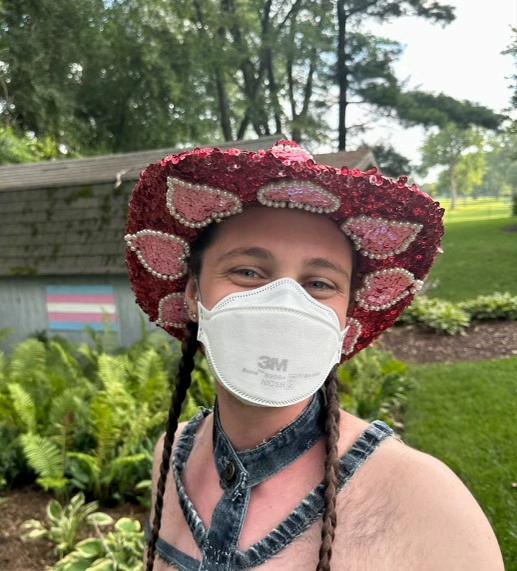
Accomplice > Accomplice > Accomplice > Allyship Allyship Allyship
The The The Difference Difference Difference


Biphobia & Femmephobia: How they connect

Accomplice > Accomplice > Accomplice > Allyship Allyship Allyship
The The The Difference Difference Difference









Thank you for checking out our e-magazine! This is our 8th Issue of our digital bi-monthly magazine.
This Issue is our PRIDE edition. Not only is it important to acknowledge and celebrate those in the LGBTQIA community, but also a great opportunity to discuss how femmephobia intertwines with the LGBTQIA community and the assumptions others make of those in the community. For those reading and sharing this Issue: THANK YOU for caring and giving air to this important conversation!
As a reminder, FEMISH is a 501(c)3 nonprofit organization, currently running on volunteer & intern fuel If you would like to assist with the creation of this monthly magazine, we are looking for editors, writers, marketing, you name it!
Have a story to share? Found a relevant news article we should talk about? Know someone we should interview? Let us know by reaching out to info@femish org and check out our Contributor Form linked on the last page
Don’t forget to subscribe to our website and follow our social media accounts: Instagram, Facebook, Tiktok
Thank you for all your support! Together we can create a welcoming and inclusive world
Our next issue will be out in August 2024, see you then!


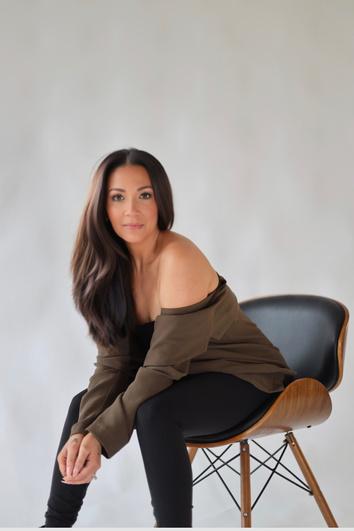

FEMISH Intern Megan Sinnaeve is a third-year undergraduate student at North Central College studying Sociology and Gender and Sexuality Studies She is the Co-President of NCC’s National Organization for Women Campus Action Network, and has obtained other leadership roles over the last two years. She hopes to use her knowledge and passion to go to graduate school, write, and do non-profit work

He works as a social worker at a middle school in Illinois He also has a sport/hobby, American Ninja Warrior to which he was invited to compete on the show for season 15.
Founder of The FEMISH Organization, Femme Equity Activist, and attorney who was fed up with gender bias and discrimination She stumbled upon the term "femmephobia" and saw the need for this loop-hole in society to be closed @femmeesq
With AI at our side, our digital magazine was expertly curated, leveraging its organizational powers to streamline content and its writing assistance to refine our message, ensuring a compelling and cohesive reader experience

In recent years, the music industry has witnessed a profound shift towards inclusivity and representation, particularly for those within the LGBTQIA+ community. From charttopping hits to underground anthems, queer artists are boldly asserting their identities and experiences, reshaping the narrative of what it means to be a musician in today's world.
One of the most remarkable aspects of this movement is its impact on the LGBTQIA+ community. For many, seeing artists who openly embrace their identities provides a sense of validation and empowerment. It sends a powerful message that their stories are not only valid but also worthy of being celebrated on a global stage.
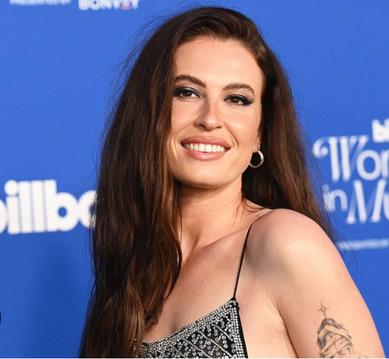


Pioneers such as Melissa Etheridge, k.d. lang, and Tegan and Sara have played a crucial role in paving the way for LGBTQIA+ representation in music. Their unapologetic lyrics and captivating melodies have resonated with audiences around the world, transcending barriers and sparking important conversations about love, identity, and acceptance.
Today, artists like Hayley Kiyoko, King Princess, and Janelle Monáe continue this legacy, using their platforms to advocate for LGBTQIA+ rights and visibility. Their music serves as a beacon of hope for many, inspiring listeners to embrace their true selves and challenge societal norms.
As we celebrate Pride Month and the incredible contributions of LGBTQIA+ artists, let us remember the importance of representation in music. It is not just about entertainment; it is about creating a world where everyone's voice is heard and celebrated, regardless of who they love or how they identify.
PLAY ON! .

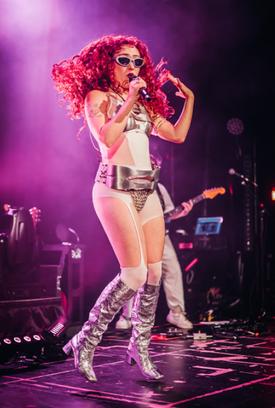
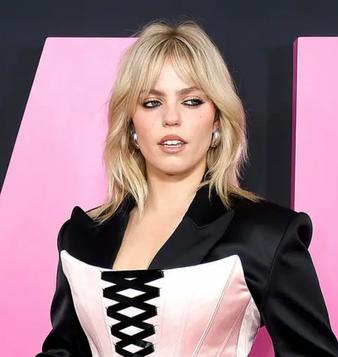

Creating sustainable change takes: learning, community, educational materials, and people deducated to the cause. Help us BUCK BIAS with a small donation today!
Your donations help us fund events and create educational content to promote self-awareness and debias society so that we have a world where everyone is seen and valued for who they are
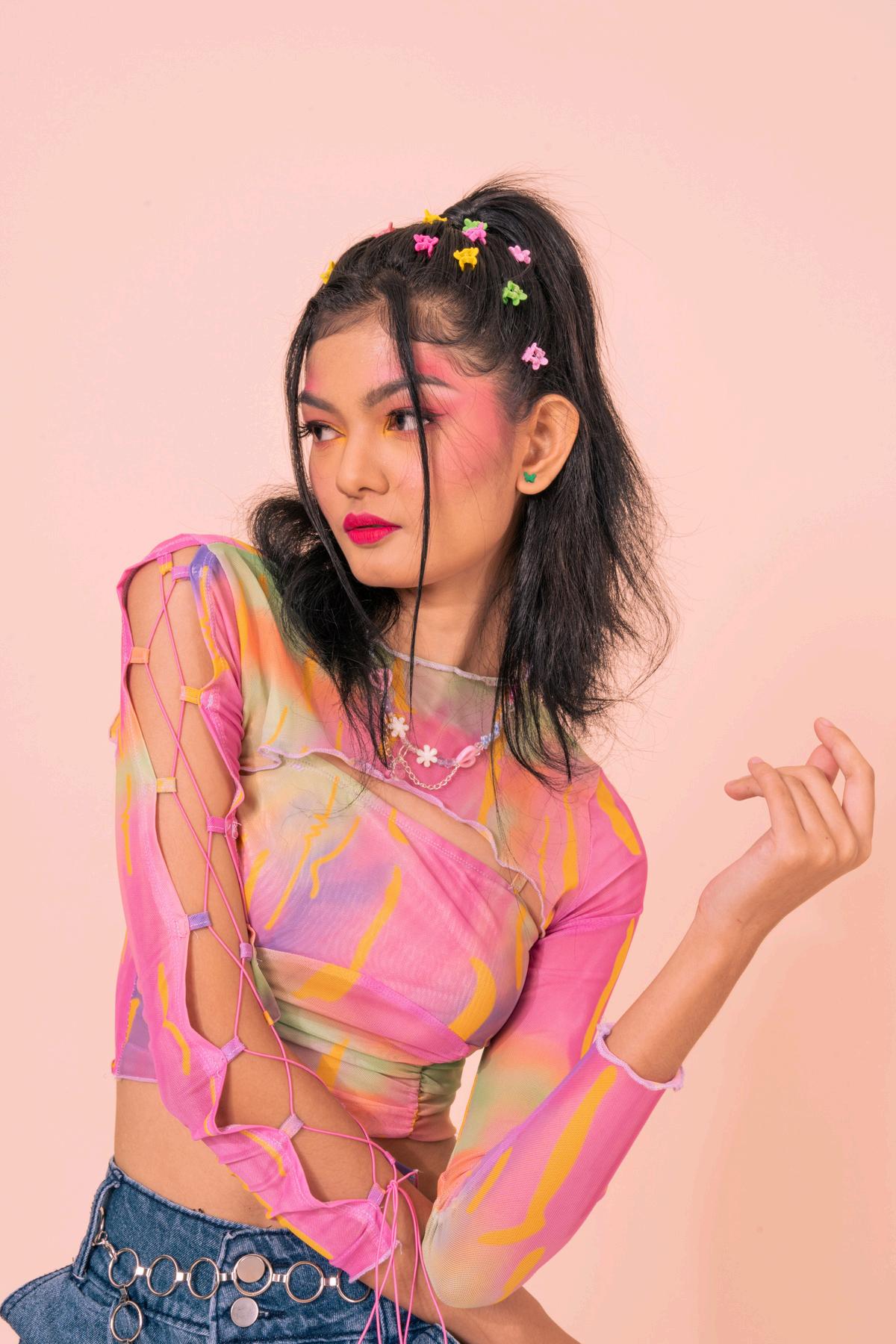

What is Biphobia?
According to the Collins Dictionary, Biphobia can be described as the “intense hatred, fear or aversion towards bisexuals or bisexuality, which may include negative stereotyping or denial of the existence of bisexuals ”
What is Femmephobia?
From the FEMISH definition, femmephobia appears when individuals labeled as "feminine" face unwarranted assumptions of weakness, frivolity, and incompetence The more one aligns with femininity, the greater the risk of being perceived as less promotable, unsafe, and subject to bias, discrimination, and even scrutiny of their sexual orientation
When these two forms of prejudice intersect, distinctive and dangerous challenges appear Addressing the convergence of femmephobia and biphobia requires challenging harmful assumptions and bias about femininity, bisexuality, and gender expression, but is essential to create inclusive environments where people of all sexualities, identities and expressions can be who they are without fears of safety or ridicule
Here are some ways biphobia and femmephobia intersect:
Hypersexualization: Feminine-presenting bisexual folk often fall victim to hyperfetishization within and outside the LGBTQ+ community This can lead to the perception that their bisexual identity is being used as a tool of sexual amusement, deeming their sexuality as more of a performance instead of a part of their actual identity The combination of society’s narrow, insistent and hypersexualized perception of femininity and the idea that bisexual individuals are sexually available for the pleasure of others manifest in how specifically bisexual women are portrayed in media, popular culture and pornography
Marginalization within the LGBTQ+ Community: Within the LGBTQ+ community, monosexual identities (gay, lesbian) are often centered and uplifted, which can leave those who aren’t attracted to only one sex excluded and marginalized Femme-presenting bisexuals may feel that they don’t fully belong either within or outside their community, as their identity isn’t legitimized from of them being “too straight” for the LGBTQ+ community, but “too gay ” for heterosexual spaces, generating feelings of alienation and loneliness. 2 09| FEMISH MAGAZINE

3 Invalidated Identity: There is a strong misconception that as a female-identifying individual, you cannot be queer and feminine at the same time Feminine-presenting women are viewed by some as “actually straight” and as “attention seekers”, while feminine-presenting men are viewed as “ gay but too scared to fully come out ” . Many bisexual women discuss feeling the need to outwardly express themselves in a more masculine manner to fit in within the LGBTQ+ community, but also in a feminine way to fit into the gender binary. This uncertainty of gender expression can manifest into internal and external skepticism of the legitimacy of their identity, spiraling into erasure within all settings
4 Assumptions about Relationships and Gender Policing: Society is quick to gender police feminine bisexual folk when they’re in relationships For example, if someone is in a relationship with someone of the opposite gender, there is an expectation to conform with the gender binary to establish power dynamics For bisexual women, they are expected to present as the passive, submissive partner, while bisexual men are expected to be dominant and aggressive. If either sex were to be in a relationship with someone of the same gender, they are pressured to take on the characteristics opposite of their partner to maintain a heteronormative power dynamic. For both instances, though, the legitimacy of their identity is questioned by those within and outside of the LGBTQ+ community. Additionally, stereotypes and questions of monogamy are brought up with feminine-presenting bisexuals, as they are viewed as inherently promiscuous individuals, bringing up doubts about the ability to maintain committed relationships
Additional Information:
1 Intersection with Other Identities: It is important to discuss the fact that the intensity of femmephobia and biphobia fluctuate as they intersect with other forms of marginalization and subordination For example, individuals with a disability face excessive underrepresentation due to the lack of affirming support and resources, limited access to quality healthcare, harmful stereotypes about their personhood, and more. Other characteristics, such as race, ethnicity, age, socioeconomic status, culture, and religion, and the intersectionality of these identities play a large role in shaping the experiences of feminine bisexual folk, and change how they experience femmephobia and biphobia.
2 Mental Health Impacts: It can be difficult to feel like you both have to conform to different standards based on the community you ’ re surrounded by, all while feeling like you don’t fully belong in either space After hearing negative attitudes about your personhood for so long, it can become easy to internalize these messages that invalidate your identity, quickly leading to feelings of shame, loneliness and self-doubt Additionally, barriers to accessing mental health services only exacerbates mental health challenges such as heightened levels of anxiety and stress, depression, trauma, and PTSD
3. Next Steps: The first step is acknowledging that the intersection of femmephobia and biphobia exists and creates challenges for feminine-presenting bisexual folk. Amplifying diverse voices who experience this interconnection in differing, unique ways, will give us the ability to work towards creating a more inclusive and supportive environment where all individuals are free to express themselves authentically without fear of prejudice
“IT MIGHT BE TIME TO CALL OURSELVES TO A HIGHER STANDARD THAN ALLY.”
-WE CAN DO HARD THINGS, GLENNON DOYLE & ABBY WAMBACH
In Glennon Doyle and Abby Wambach’s podcast, “We Can Do Hard Things”, guest Dr. Yaba Blay discusses the importance of allyship amongst the array of social justice issues that have been brought to light in recent decades. Although allyship is a good start, Dr. Yaba Blay says that it’s time to hold ourselves to a higher standard.
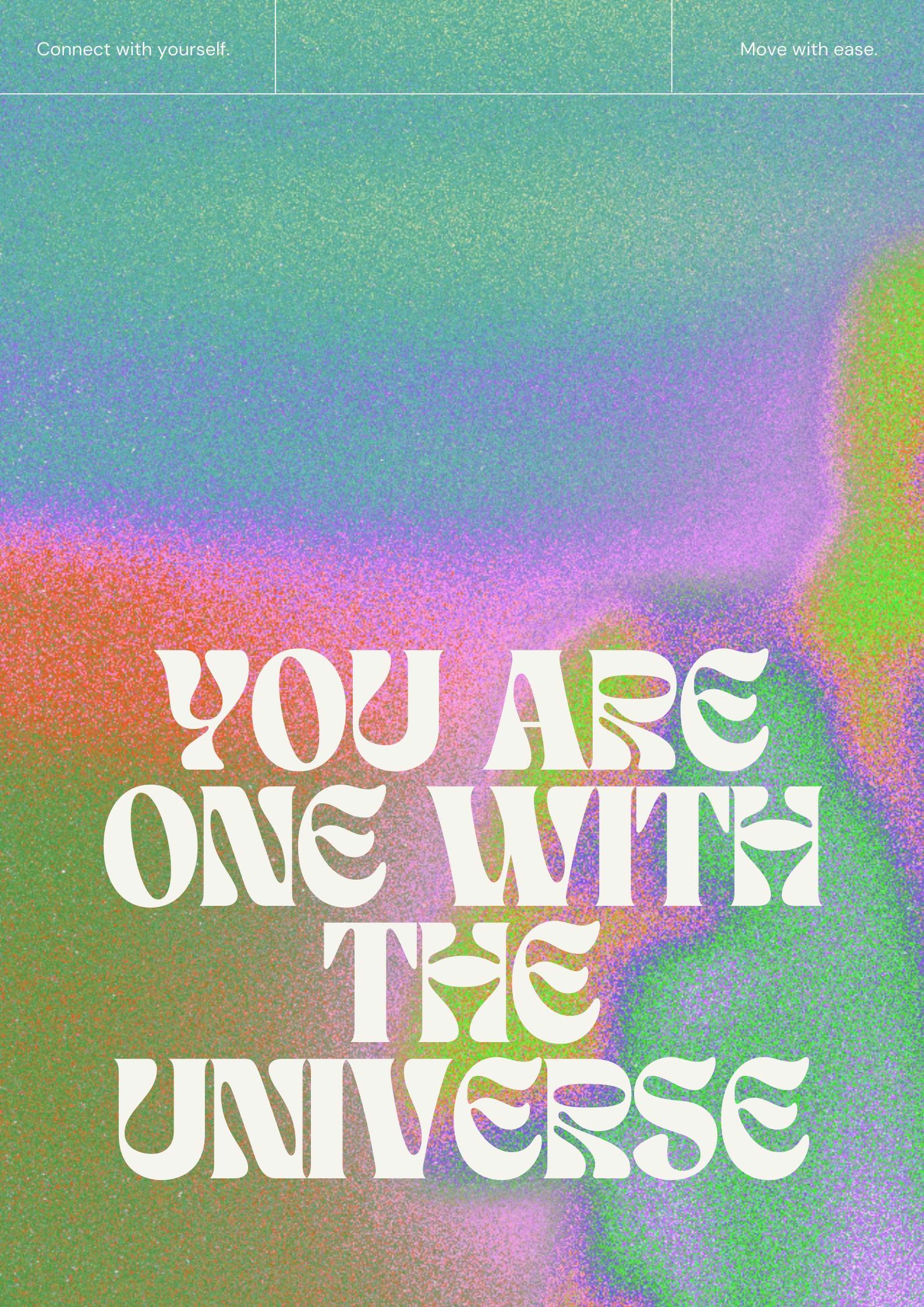
If someone a part of a marginalized community calls you to be their ally, you’d say “Okay, what can I do to support you?”. You don’t have to put yourself out there. You don’t have to lose anything. You are supporting them, but from a distance.
If someone a part of a marginalized community calls you to be their accomplice, you will get up, bring yourself to wherever they are, and go over to help. You do this knowing you’re taking a risk. Knowing that you could get in trouble. You go anyway because something needs to get done.
What people need isn’t an ally, someone to support you from a distance. What are you willing to give up? What are you willing to lose? People need accomplices.

As someone who is still masking and covid cautious, it is important to me that in my photo I still have a mask on in it. Disability justice, and being in solidarity with the various disabled/immunocompromised folks in my life, and in the world is very important to me, and serves a role in how I view/experience femininity.
MeetGraysonBreen
Age:25
Identity:He/They
GenderSpecification:TransMasc. SexualityQueer
AboutGrayson:Heworksasasocialworkeratamiddle schoolinIllinois.Healsohasasport/hobby,American NinjaWarriortowhichhewasinvitedtocompeteonthe showforseason15.
“Iwouldn’tsayanythingledme,moresothefact onceIfiguredoutmyowngenderandwhatthat meantformethenIbegantotakethestepsto socially transitioningmysenioryearofhighschooland inMarchofmy Freshmanyearofcollegethengottopsurgery goingintothesophomoreyearanditoriginally gotheldoffduetocollegetrackbutfoundoutmy trackcoachwastransphobicandIendedup leavingtrackatthebeginningoffreshmanyear anywayssoIfiguredIhadtheopportunitytodoitI mineaswell.” medically transition. I came out then started testosterone
 By: Troy Meiszner
By: Troy Meiszner
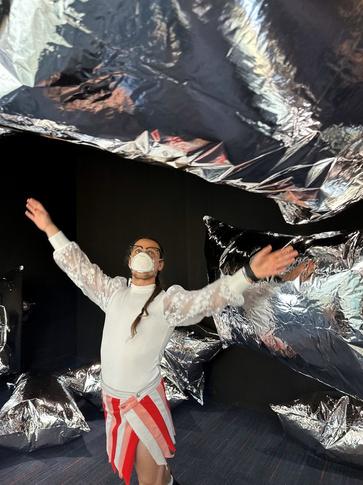
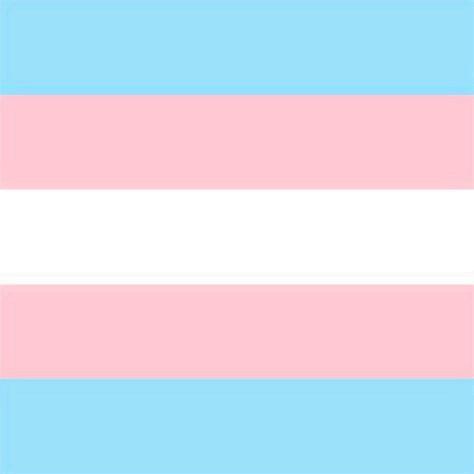
Howdoyoufeellikeyour identityhasevolvedsince transitioning?
“Ifeellikeatthebeginning, especiallywiththefemininity aspect,wasalotmoretryingtobe astereotypicalcysmantofitthat moldjustforsafetypurposesand tobetakenseriously.ButasIhave goneonandIwaslikethat'snot whoIam,nothowIidentify,and nothowIwanttobeseensoIhave beenabletodressandactina waythatismorefittingtokindof whoIamandhowIwanttobe.”
Howhassociety’sperceptionofyou changedsinceyourtransition?
“Intermsofeducationalotofpeoplewon'tlooktwiceatwhitewomangoinginto educationorsocialwork,butwhenyouaddintransitionaspectslikeIoriginallywanted tobecomeateacherandmyparentsaskedtolookuphowtransgenderteachersare treatedanditwasallarticlesofthembeingharassedandonebeingpushedtothe pointofwantingtocommitsuicide,sothenIwaslikeok.Wehavetokindofpivotand makeourgameplanfromthere.
Intermsofsocialwork,yougointothecurriculumandnoneofthecurriculumis madeforyoucollege-wise,andthenafterthat,I’llhavestudentswhoseparentswon't letmeseethemforservicesormeetwiththematallbecausetheydon'twanttheir childnearatransperson.Ithaspeoplelookatyoulikeyou'renotsafetobewith childrenoryou'renotgoodtobewithkidsnomatterhowwellyouworkwiththemor howmuchbetterpreparedyouarethanotherpeoplearoundyoutheidentityisthefirst thingpeoplewillseeandcommenton.So,itdoesn'tmatterhowmanydegreesyou haveorhowwellyou'redoingatsomethinglikethat'sgoingtobethefirstthingthey reactto.”
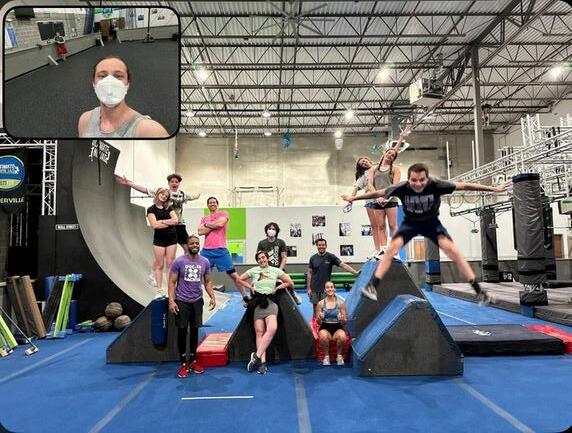

Beingasocialworkerforkidsdoesthischange expectationsforyou?(Howlongandwhatage groupshaveyoubeenworkingwith)
“Iamamiddleschoolsocialworker,andmyschoolis5thto8thgrade.Thisismysecondyearof beingaschoolsocialworker,butIdidoneyearbeforethatatmyinternshipandthensocialwork, ingeneral,Igotmybachelor'sin2021andthenmymaster'sin2022.” Doesthischangeexpectationsforyou?
“Iwouldsayfairly,alotoffolkssaytheydon'ttoatleastblatantlyopenlybutIwouldthinkso especiallyalotofparentswouldcomeinandsayhowmuchtheyhatemeorwantmefiredeven iftheyhaven'tmetmeandIknowthatifI’mnotagoodsocialworkerandpullingabovemyown weight,sotospeakI’mkindofaliability.Whykeeptheliabilityaroundiftheliabilityisnotdoing anexceptionaljob?So,IalwaystrytomakesuremystuffisreallyinorderbecauseIknowifit's notthenit'slikeokwhydealwiththeextrapushbackthatcomestowardhavingmearound?”
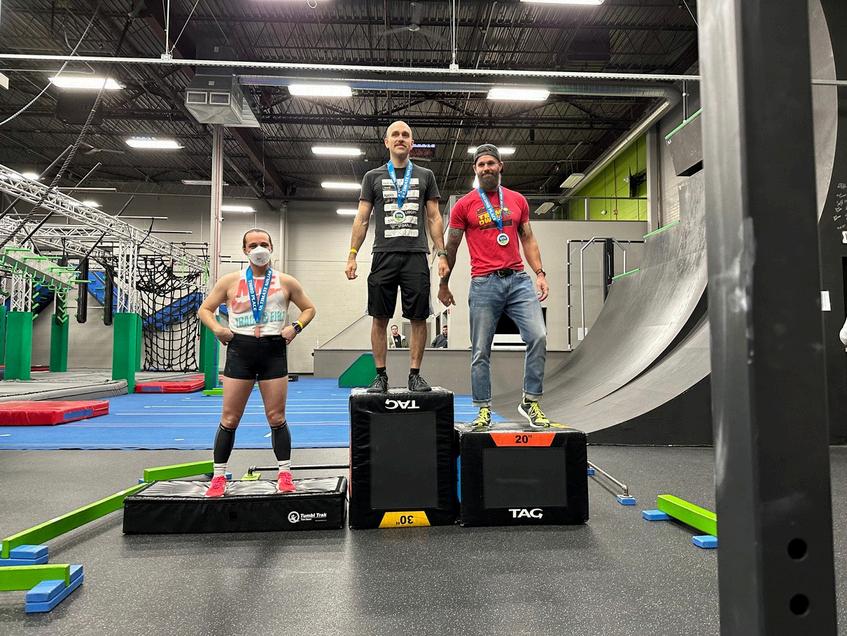
Beingatransathleteon AmericanNinjaWarrior whatdidthatmeanto you?
“Ihopetogetmoretransfolksintosportsandknow thattheyhaveaspotinsportsevenifitsatany levelevenlikeOCclasses(obstaclecourse workout)thatTransfolksevenhaveapositiontobe inthereaswellandtheyareabletoworkoutand buildtheirbodiestoo.”
Haveyouever experienced discriminationabout beingtrans?Aboutbeing feminine?
“Tracksenioryearofhighschoolwhentheywoulddointerviewswithmeafteranyofthe meetstheywouldneveraskmeanyquestionsabouttracktheywouldonlyaskmewhatmy deadnamewasfortheentireinterviewandIkepttellingthemthatit'sonlineifyoureallywant itlikeI’mnotgoingtotellittoyouandtheywouldeithergiveupinterviewingmeandthen whentheywouldwritethecolumnstheywouldrefusetogivemeanynameatallwhichisn't thatbigofadealinthegrandschemeofthingsbutitcouldbealittleannoyingthateveryone hastheirfullnamesandIwouldn'tevengetanameandIwouldgetyelledatafter competitionswhereIwonanddidwell.
Schoolwise
“OneoftheparkdistrictsIhadworkedathadsaidtheyweregoingtogivemeacamp counselorpositionwhenIwasyoungerandthenwhatendedupafterItransitionedtheyno longerofferedittomeandthenlaterononeofthekidsofafull-timestaffmembertoldme thattheyalreadyhadasexualassaultcasethatyearsotheycouldn’thandlehaving someonelikethatandmeinthesameyearandthatparentswouldn'twantsomeonelikeme neartheirchildrenanywayssothat'swhytheydidn'toffermethejob.”

Howimportantdoyoufindbeingyourselfand expressingyourself?

“Isayit'sreallyimportant, especiallyworkingwith middleschoolerslikeshowing lthemonetheydon'thaveto ookoractacertainwayand thattheyareabletolookor actwhateverfeelsgoodto thembutthenalsotwo workingwithalotofourmore masculineboysandproving thatfolkslikemecanstillbe athleticanddosportslike youbutwearealsostillnice andhumanbeingsandstill careforyouandIfeellikeit breaksdownalotoftheir ideasofwhatqueerand transfolksare.”
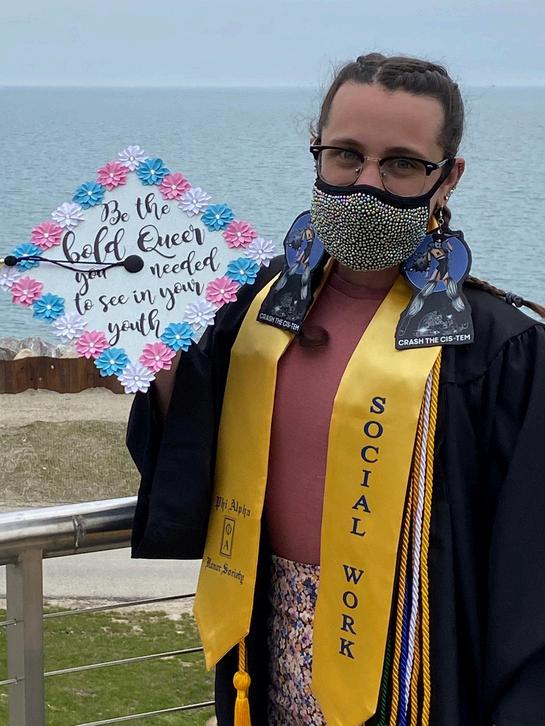
Q8.
Doyouhaveanythingtosayaboutanyonewhois intheLGBTQ+communityoranyonewhowantsto expressthemselvesoutsideofnormalstandards?
“ThefirstoneisobviouslyyourphysicalsafetyisalwaysimportantsoI’msurethat regardlessofwhereveryou'regoingtoexpressyourselfmakesurethatyourphysical safetywillbeokaybecausealotofthetimesyourphysicalsafetycanbeputatrisk, butingeneralknowingthatitssuperexcitingtobeabletodressandkindofactthe waythatyouwanttobecausewithevensomeofthedangersyouwouldfeelalot morehappyandfeelalotmorefull.Itsdefinitelyworthtakingitevenifitisbaby stepsofjustwearingtheoutfitsandthethingsyouwantathomeorwithfriendsand slowlytowhereyouwouldwearitoutsideanditwouldmakeyoufeelalotbetter andalotmorewholeingeneral.”
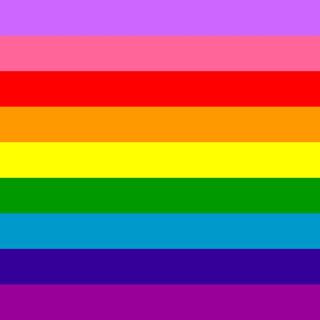
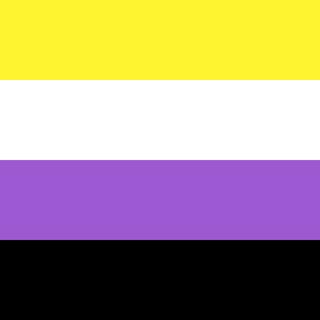
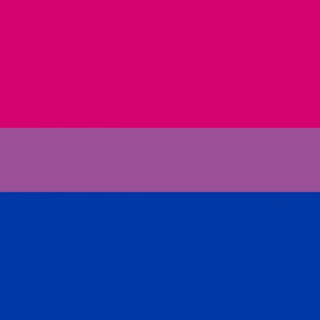

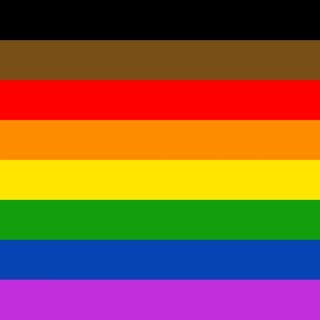
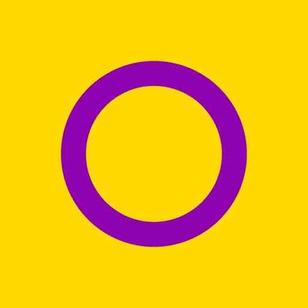
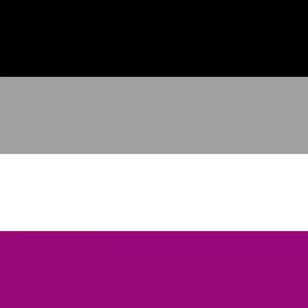
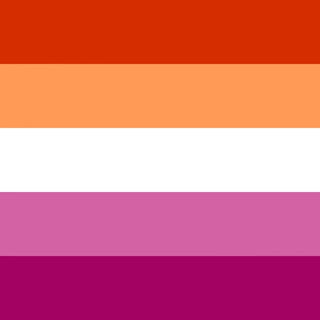 Gilbert Baker Pride Flag (1978)
Philadelphia Pride Flag (2017)
Nonbinary Pride Flag (2014)
Intersex Pride Flag (2013)
Pansexual Pride Flag (2010) Lesbian Pride Flag (2018)
Asexual Pride Flag (2010)
Gilbert Baker Pride Flag (1978)
Philadelphia Pride Flag (2017)
Nonbinary Pride Flag (2014)
Intersex Pride Flag (2013)
Pansexual Pride Flag (2010) Lesbian Pride Flag (2018)
Asexual Pride Flag (2010)
Genderfluid Pride Flag (2013) “Progress” Pride Flag (2018)
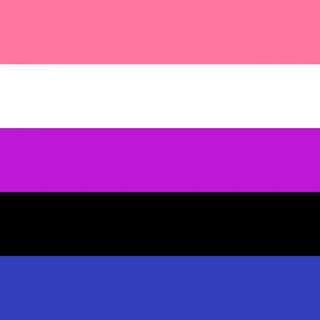

Agender Pride Flag (2014) Transgender Pride Flag (2000)
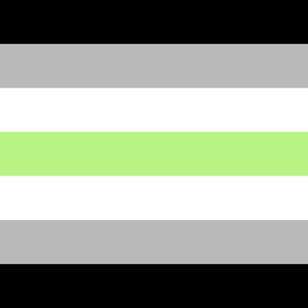
Genderqueer Pride Flag (2011)

Aromantic Pride Flag (2014)

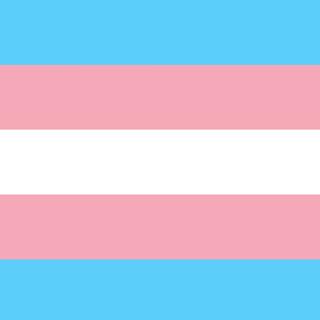
Two-Spirit Pride Flag (2016)
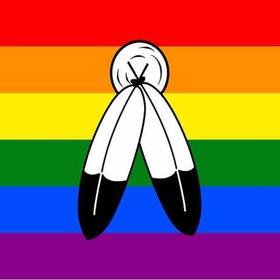
Intersex-Inclusive
Progress Pride Flag (2021)

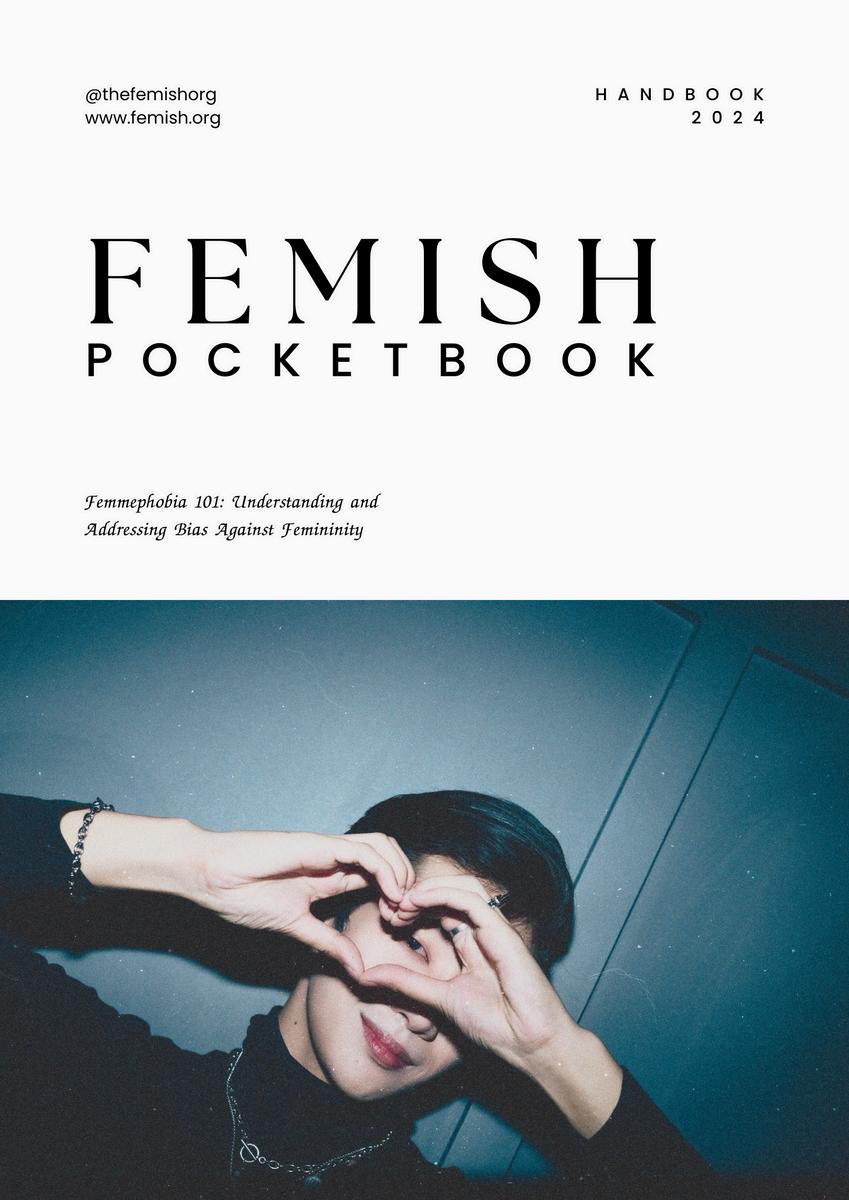
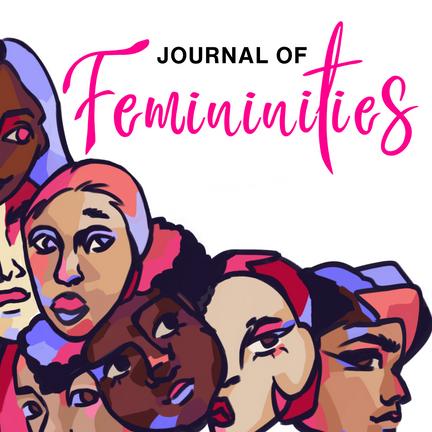
The Journal of Feminini.es is the first academic journal devoted to the study of Feminini;es and uniquely offers an outlet for scholarship on femininity. The Journal of Feminini.es cul;vates and unifies the field of Feminini;es by publishing content that advances theories and methods in the study of femininity. The journal seeks to challenge and re-examine the taken-for-granted norms and associa;ons of femininity and to treat Feminini;es as an academic discipline similar to others that focus on par;cular social dimensions. Ar;cles that appear in the Journal of Feminini.es contribute to deeper and more complex understandings of femininity
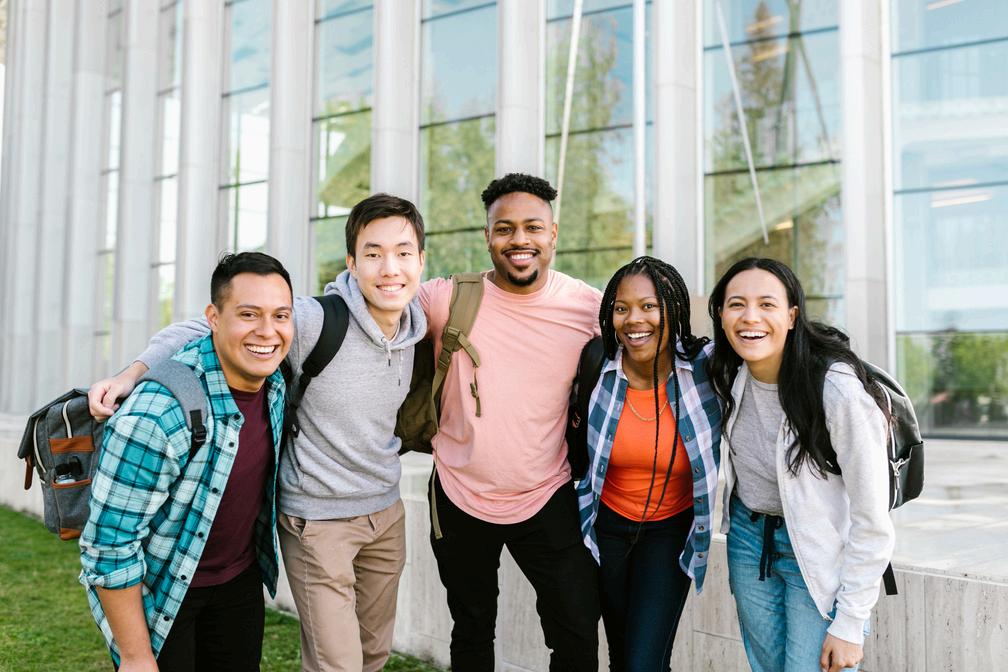
Need a passion project to fill your credits or your soul? FEMISH has remote interns and tons to work on from writing & editing, photography, social media content, research, event planning, and community organization. Join the interns already on our team for fall! Apply Here!
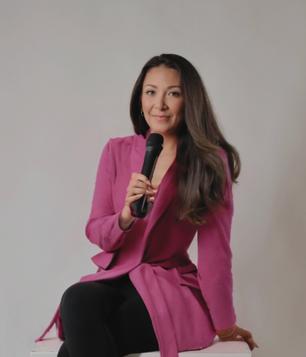
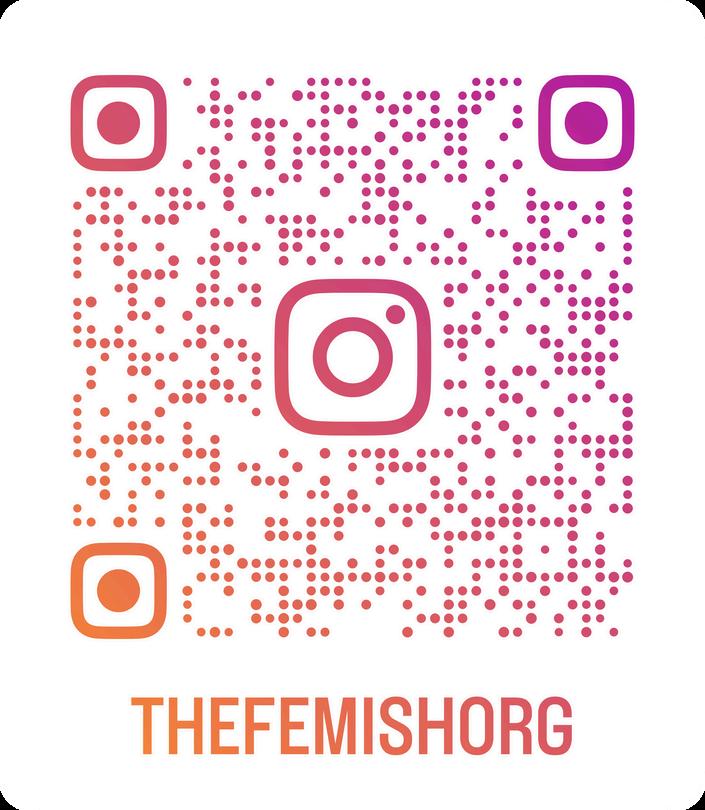
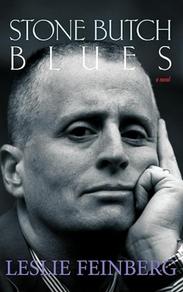
A TV SERIES THAT OFFERS A CANDID AND HEARTFELT LOOK AT THE LIFE OF A QUEER STAND-UP COMIC NAVIGATING LOVE, ADDICTION, AND IDENTITY. THE SHOW, CREATED BY AND STARRING MAE MARTIN, EXPLORES THEMES OF FEMMEPHOBIA, SEXUALITY, AND MENTAL HEALTH WITH HUMOR AND SENSITIVITY
Available on Amazon but we encourage buying local
BY LESLIE FEINBERG IS A POWERFUL AND MOVING NOVEL THAT EXPLORES THE EXPERIENCES OF A BUTCH LESBIAN COMING OF AGE IN THE 1960S AND 70S FEINBERG'S NOVEL OFFERS A POIGNANT PORTRAYAL OF GENDER IDENTITY, SEXUALITY, AND COMMUNITY, CAPTURING THE CHALLENGES AND TRIUMPHS OF LIVING AUTHENTICALLY IN A WORLD THAT OFTEN SEEKS TO ERASE OR MARGINALIZE DIFFERENCE
HOSTED BY COMEDIAN CAMERON ESPOSITO EACH EPISODE FEATURES CANDID AND INSIGHTFUL CONVERSATIONS WITH A DIVERSE RANGE OF GUESTS FROM THE LGBTQIA+ COMMUNITY, INCLUDING ARTISTS, ACTIVISTS, AND ADVOCATES.

DONT FORGET! THIS ENTIRE MAGAZINE IS INTERACTIVE, THERE ARE LINKS EVERYWHERE!
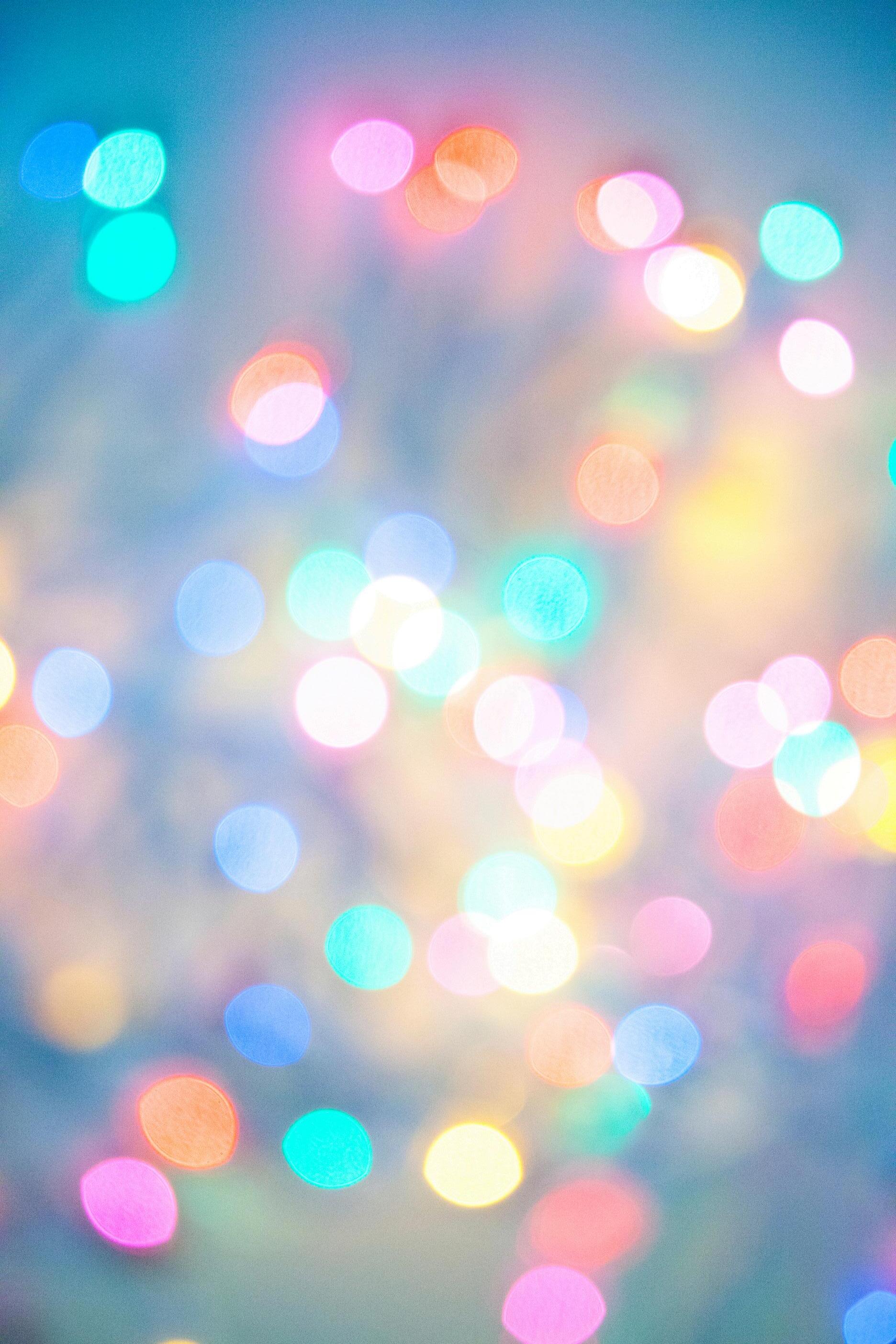

Wewillneverstopsharingresearchandstoriesto createabondedcommunityofchangemakers. Femmephobia&Gender-policingareprohibiting trueequality,andwehavehadenough.
FilloutourContributorformbelowandseehowyou canaddyourvoicetoournonprofitorganization's platforms.